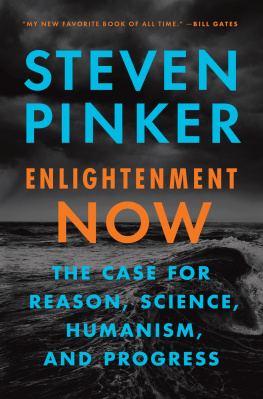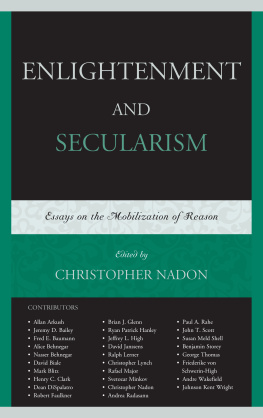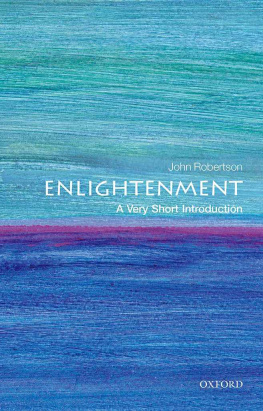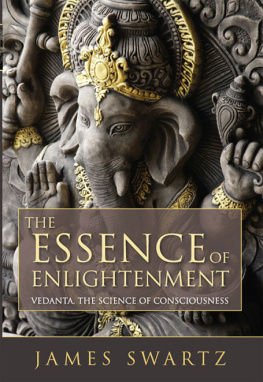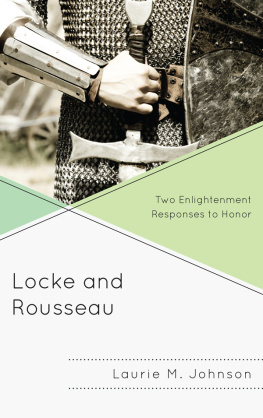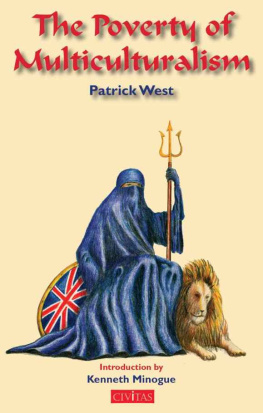Contents



Copyright Rumy Hasan, 2021.
Published in the Sussex Academic e-Library, 2021.
SUSSEX ACADEMIC PRESS
PO Box 139, Eastbourne BN24 9BP, UK
Ebook editions distributed worldwide by
Independent Publishers Group (IPG)
814 N. Franklin Street
Chicago, IL 60610, USA
ISBN 9781789760903 (Hardback)
ISBN 9781789760910 (Paperback)
ISBN 9781782847137 (Epub)
ISBN 9781782847137 (Kindle)
ISBN 9781782847137 (Pdf)
All rights reserved. Except for the quotation of short passages for the purposes of criticism and review, no part of this publication may be reproduced, stored in a retrieval system, or transmitted, in any form or by any means, electronic, mechanical, photocopying, recording or otherwise, without the prior permission of the publisher.
British Library Cataloguing in Publication Data
A CIP catalogue record for this book is available from the British Library.
This e-book text has been prepared for electronic viewing. Some features, including tables and figures, might not display as in the print version, due to electronic conversion limitations and/or copyright strictures.
Contents
Preface
In June 2019, in an interview given to the Financial Times, Russian President Vladimir Putin delivered some telling blows to liberalism. He baldly declared that the liberal idea had outlived its purpose as the public turned against immigration, open borders and multiculturalism... [Liberals] cannot simply dictate anything to anyone just like they have been attempting to do over the recent decades... This liberal idea presupposes that nothing needs to be done. That migrants can kill, plunder and rape with impunity because their rights as migrants have to be protected... The liberal idea has become obsolete. It has come into conflict with the interests of the overwhelming majority of the population (cited in Barber, Foy and Barker, 2019). Putin seemed to be echoing remarks made by the Hungarian Prime Minister Viktor Orban in which he described Hungary as a Christian illiberal democracy implying that this was perfectly acceptable because, paradoxically, liberal democracy could be undemocratic. In July 2018, Orban stated that the European parliamentary vote must prove that there was an alternative to liberal democracy, which he said worked in undemocratic ways in Western Europe by being intolerant of alternative views. Christian democracy is not liberal... It is illiberal, if you like. Unlike liberal democracy, he argues that Christian democracy rejects multiculturalism and immigration while being anti-communist and standing for Christian values.
These striking pronouncements garnered much publicity and drew attention to the EUs foundational doctrines and values. Following the traumas of two World Wars and, in the intervening period, the flourishing of communism, fascism, and Nazism, the subsequent division of Europe after World War II between the democratic West and the undemocratic one-party communist states of the East, the ideological settlement upon the collapse of the communist bloc post-1989 was, unanimously, that of liberal democracy. The charge made by Viktor Orban of it working in undemocratic ways was galling especially as it came from the head of a former communist country.
Almost immediately after the removal of the communist regimes, there was an overwhelming desire for the East European political and intellectual leaders to join the European Union and NATO and, by so doing as some termed it, return to Europe (Lipton and Sachs, 1990, p. 75). Joining NATO was relatively easier as the military alliance was keen to proffer membership to the former Warsaw Pact countries; this switching of sides was an attractive proposition as it firmly demonstrated that Eastern Europe was free of Russian influence. Hence, despite Russias concerns, between 1999 and 2004, Bulgaria, the Czech Republic, Estonia, Latvia, Lithuania, Hungary, Poland, Romania, Slovakia and Slovenia were granted NATO membership.
The EU was also open to this considerable expansion to the East providing that the aspirant countries fulfilled the stringent Copenhagen criteria established by the European Council in 1993. These entailed three sets of conditions for accession:
The stability of institutions guaranteeing democracy, the rule of law, human rights and respect for and protection of minorities;
A functioning market economy and the ability to cope with competitive pressure and market forces within the EU;
The ability to take on the obligations of membership, including by adhering to the aims of political, economic and monetary union, and adopting the common rules, standards and policies that make up the body of EU law ( the acquis communautaire ). (EU, 2019, pp. 12)
It was generally thought that accession was largely an economic exercise focusing on transforming command economies to market economies as set out in the second set of the Copenhagen criteria. This was the fundamental objective of the post-communist governments as it was understood to be the route to improving efficiencies and resource allocation so as to satisfy the demand for improved living standards with the ultimate goal of emulating the Western European democracies.
The EU, however, accorded primacy to the non-economic factors of democracy, rule of law, human rights, and respect for minorities. The first set of the Copenhagen criteria were rooted in Enlightenment values, and return to Europe implied that the Eastern Europeans would willingly espouse the same values, albeit updated to the late 20 th century and 21 st century. The fulfilment of these criteria was far from straightforward and it was not until 2004 that eight former communist countries including the three Baltic republics of the USSR (Estonia, Latvia, and Lithuania) were deemed to have reached the required benchmarks and so were granted membership (the other five countries were the Czech Republic, Hungary, Poland, Slovakia, and Slovenia). Other countries would be granted accession in the following decade but for others still, especially the non-Baltic European republics of the former Soviet Union, accession is not in sight. Turkey applied to join well before the East European countries (in 1987) but is still not close to membership and presently its prospects are remote.
Francis Fukuyama famously generalised this desire by former communist countries to join the liberal democratic order as the end of history and, in the heady days of the early 1990s, had much cogency (Fukuyama, 1992). With benefit of hindsight, this historicist pronunciation appears much too doctrinaire but it was undeniable that the masses of these countries passionately desired a new history which would accrue with EU membership and ending the history of communist rule.
What the EU demanded and leaders of post-communist countries were keen to guarantee was that there would be no return to any of the central characteristics of communism as had been practiced in the Soviet bloc. One-party rule with little tolerance for dissent, buttressed by a pervasive secret police, would be confined to the dustbin of history. The old political and economic structures would be swept away and replaced with multi-party democracy and a regulated market economy. Despite all the travails, this has been achieved in the East European countries that have been granted EU membership; moreover, there is no and indeed never was any likelihood of a return to communism




